Best AutoCAD Training Institutes in Tarnaka Hyderabad
AutoCAD Civil Training Institutes In Tarnaka Hyderabad Time Duration : 40 Days 3 Hours Per Day Enroll course About AutoCAD Civil Course AutoCAD is a
AutoCAD Civil Training Institutes In Tarnaka Hyderabad Time Duration : 40 Days 3 Hours Per Day Enroll course About AutoCAD Civil Course AutoCAD is a
AutoCAD Civil Training Institutes In Bowenpally Hyderabad Time Duration : 40 Days 3 Hours Per Day Enroll course About AutoCAD Civil Course AutoCAD is a
AutoCAD Training Institutes In Banjara Hills Hyderabad Time Duration : 40 Days 3 Hours Per Day Enroll course About AutoCAD Civil Course AutoCAD is a
AutoCAD Civil Training Institutes In Moosapet Hyderabad Time Duration : 40 Days 3 Hours Per Day Enroll course About AutoCAD Civil Course AutoCAD is a
AutoCAD Civil Training Institutes In Kachiguda Hyderabad Time Duration : 40 Days 3 Hours Per Day Enroll course About AutoCAD Civil Course AutoCAD is a
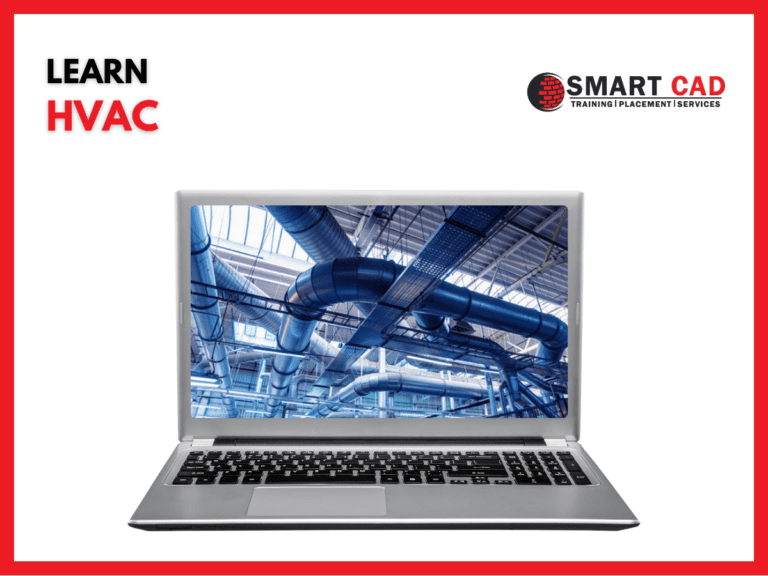
The HVAC (Heating, Ventilation, and Air Conditioning) course provides essential training for professionals working in the HVAC industry. This course is designed to equip participants with the knowledge and skills needed to design, install, maintain, and troubleshoot HVAC systems effectively. The course begins with an overview of HVAC systems, including their components, functions, and the principles behind heating, ventilation, and air conditioning. Participants will learn about different types of HVAC systems and their applications in residential, commercial, and industrial settings. The course delves into various heating systems, such as furnaces, heat pumps, and boilers. Participants will learn how these systems work, their components, and how to select and install the appropriate heating equipment for different applications. The HVAC course provides a comprehensive education in heating, ventilation, and air conditioning systems, equipping participants with the skills needed to excel in the HVAC industry and advance their careers. We are the best Hvac training institute in Hyderabad.
An HVAC course is a specialized training program designed to provide individuals with the knowledge and skills required to work with HVAC systems. These systems are essential for maintaining indoor comfort and air quality in residential, commercial, and industrial buildings. The course covers various aspects of HVAC systems, including their design, installation, maintenance, and repair. The course emphasizes the importance of energy efficiency and sustainability in HVAC design and operation. Participants will learn about energy-saving technologies, green building practices, and how to design systems that reduce environmental impact. The course includes training on HVAC controls and automation systems. Participants will learn how to use thermostats, sensors, and control panels to manage and optimize HVAC system performance. HVAC courses provide comprehensive training for individuals looking to start or advance their careers in the HVAC industry, equipping them with the skills needed to ensure comfortable and efficient indoor environments. We are the best Hvac training institute in Hyderabad.
Gain a thorough understanding of HVAC systems, including heating, cooling, ventilation, and control technologies.
Equip yourself with the skills and knowledge needed for various roles in the HVAC industry, including installation, maintenance, and repair.
Obtain certifications that can enhance your credibility and job prospects in the HVAC field.
Qualified HVAC professionals often enjoy higher earning potential compared to those without formal training.
Learn about energy-efficient HVAC technologies and practices that can help reduce energy consumption and environmental impact.
Develop strong problem-solving and troubleshooting skills to address common and complex HVAC issues effectively.
This includes setting up new HVAC systems in residential, commercial, and industrial buildings. It involves tasks like installing ductwork, vents, and the HVAC units themselves.
Regular maintenance is crucial for the efficient operation of HVAC systems. This includes cleaning, inspecting, and repairing components to ensure they function correctly and efficiently.
HVAC professionals often design systems tailored to the specific needs of a building. This involves calculating load requirements, selecting appropriate equipment, and ensuring the system meets energy efficiency standards.
Modern HVAC systems are designed to be energy-efficient, reducing the overall energy consumption of buildings. This includes using advanced technologies like smart thermostats and energy recovery ventilators.
Ensuring good indoor air quality is a critical part of HVAC work. This involves controlling humidity, filtering air, and ensuring proper ventilation to remove contaminants.
HVAC systems must comply with various local, state, and federal regulations, including building codes and environmental laws.
SmartCAD India is the best Hvac course training institute in Hyderabad. We are providing 100% placement assistance in Hyderabad. SmartCAD India training institute provides high-quality education and practical training to grab skills in software design. We are providing training with industry experts. SmartCAD India Training Institute has industry partners, offering students internships and career placement assistance. SmartCAD India Training Institute provides ISO certification after completing the Hvac course. Choose SmartCAD India training institute for a successful career and professional growth. We are the best Hvac training institute in Hyderabad.
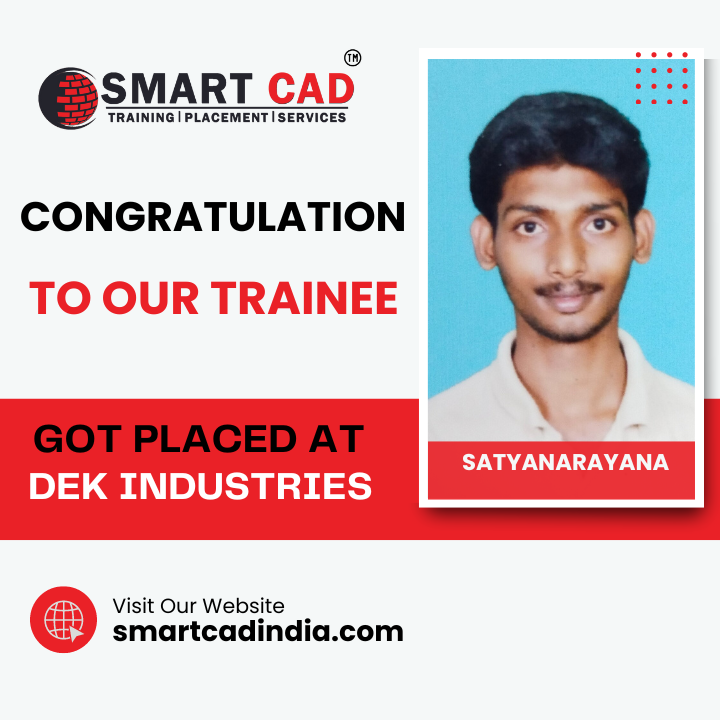
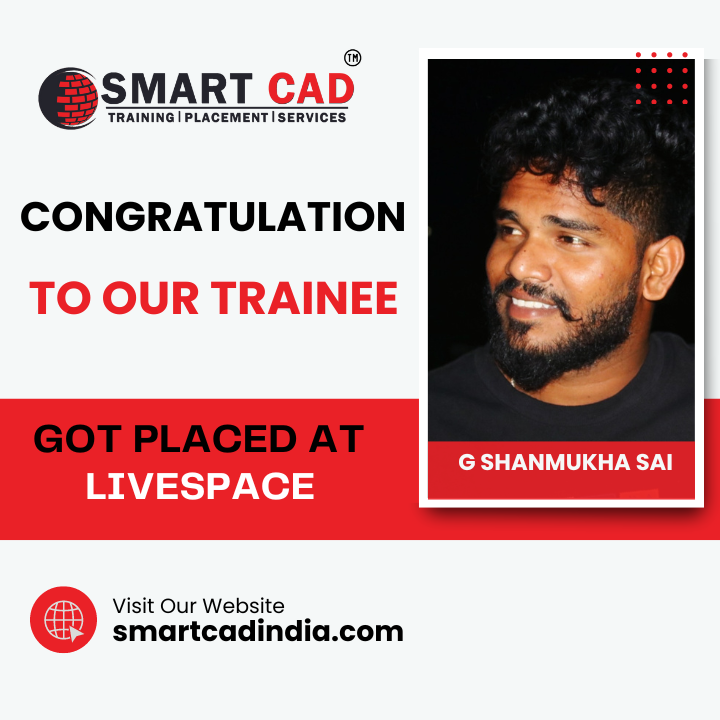
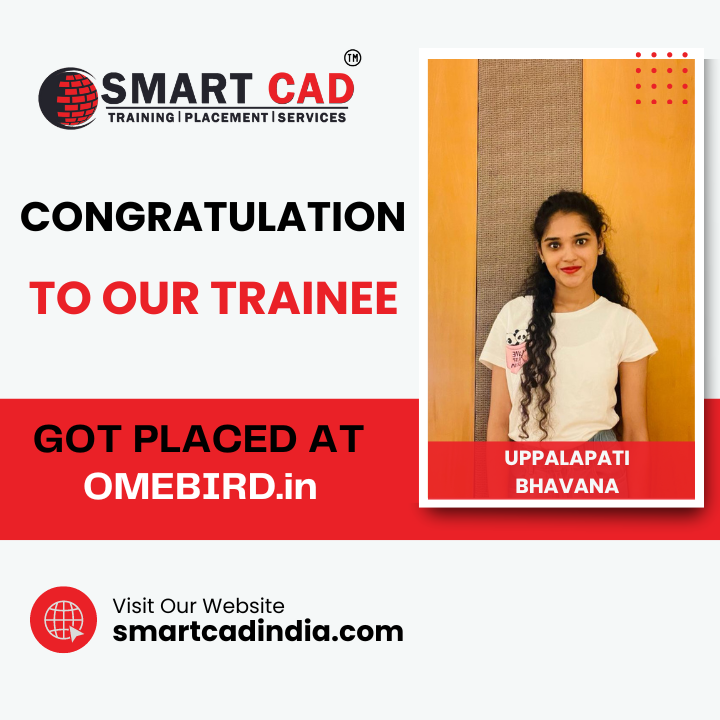
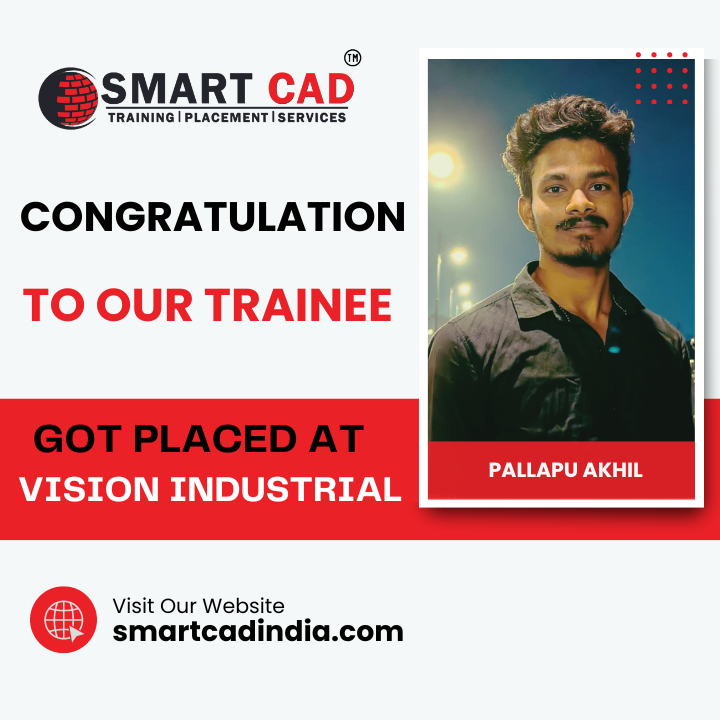
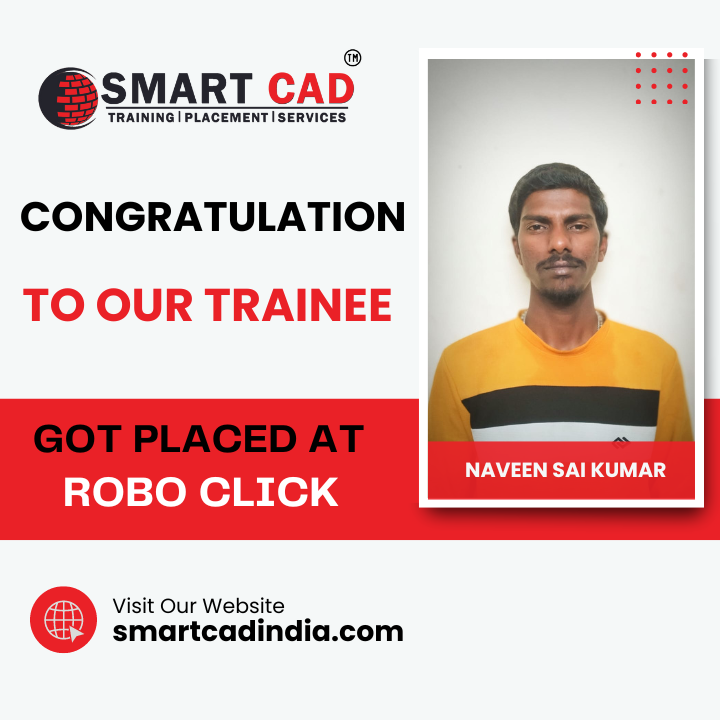
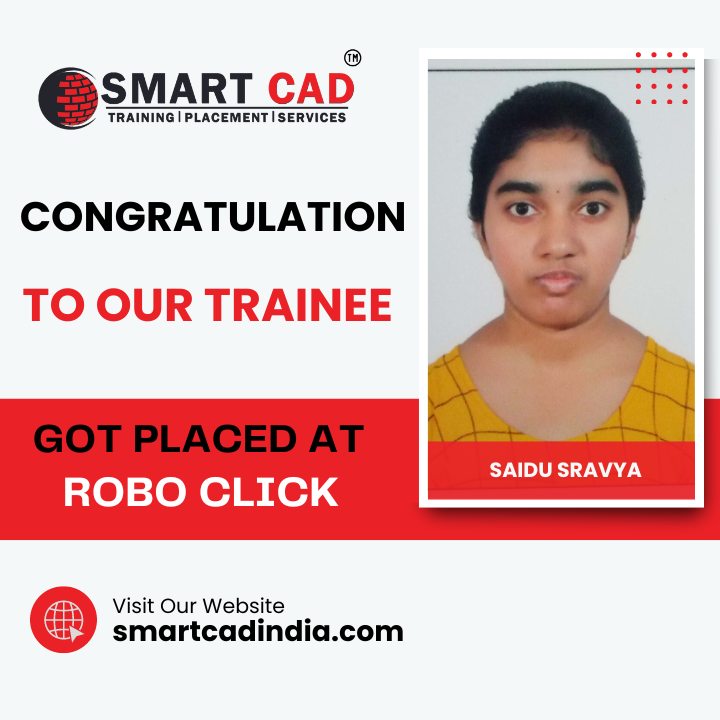
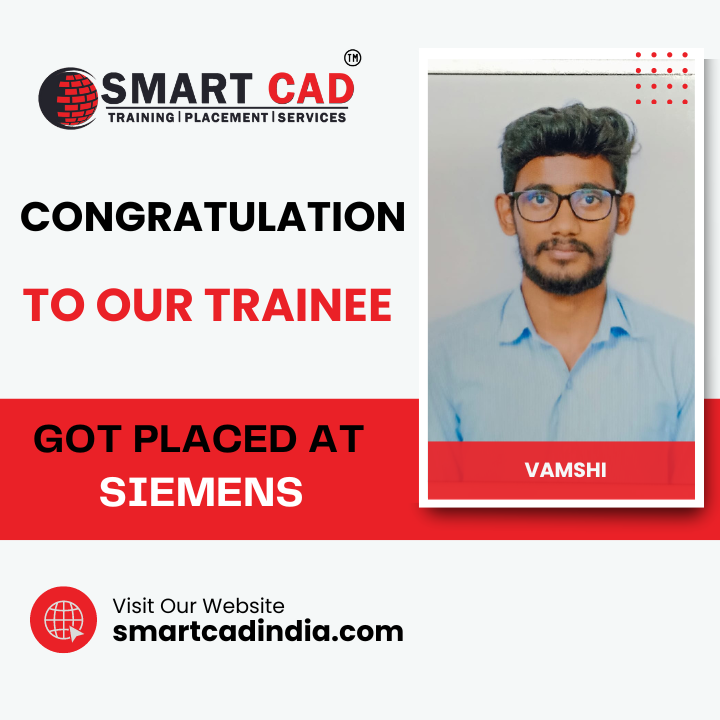
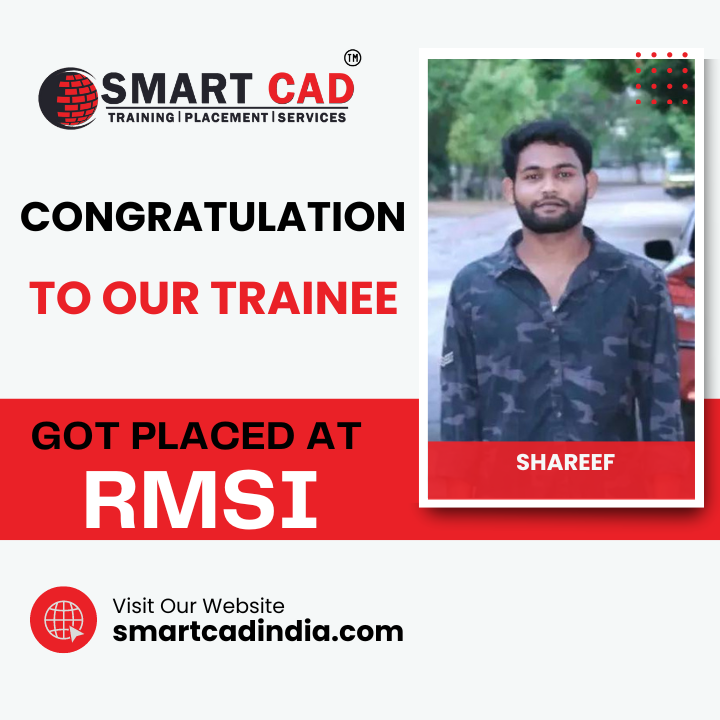
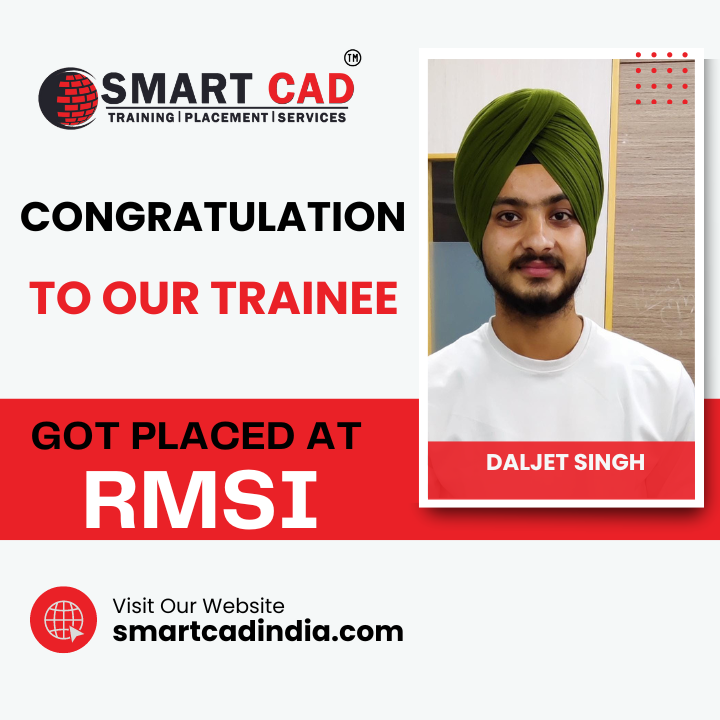
Faq’s By Students
It’s generally recommended to replace or clean HVAC filters every 1 to 3 months. The frequency can vary based on the type of filter, usage, and indoor air quality.
Indoor Air Quality refers to the condition of the air inside buildings, particularly as it relates to the health and comfort of occupants. Good IAQ means the air is free from pollutants and contributes to a comfortable living or working environment.
To enhance indoor air quality, you can:
Change air filters regularly
Use air purifiers
Ensure proper ventilation
Control humidity levels
Keep living spaces clean and dust-free.
The recommended thermostat setting for comfort and energy efficiency is around 78°F (25-26°C) during the summer and 68°F (20-21°C) during the winter. Personal preferences and regional climate differences can influence the ideal setting.
It’s recommended to get maintenance once a year for each system. This means one tune-up for your heater in the fall/winter and one for your air conditioner in the spring/summer. If you use a combined heating and air conditioning system, such as a heat pump, you should get two tune-ups per year.
While simple tasks like changing filters can be done by homeowners, it’s advisable to hire a professional for comprehensive maintenance. Professionals can identify and address potential issues, ensuring the system operates efficiently.